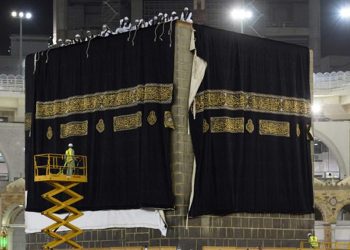Tehran has termed the US travel ban on Iranians and citizens of 11 other mostly Middle Eastern and African countries as a sign of a “racist mentality”.
On Wednesday, Donald Trump signed an executive order reviving sweeping travel restrictions in a manner similar to his administration’s first travel ban, citing national security reasons after a firebomb attack on a pro-Israel protest march in Colorado.
Alireza Hashemi-Raja, head of the Iranian foreign ministry’s department for Iranians overseas, deplored the measure—which will go into effect on June 9—as “a clear sign of the dominance of a racist and supremacist ideology among American policy-makers.”
In a statement issued on Saturday, he reiterated that the move “demonstrates the extreme animosity of American authorities toward Iranian and Muslim communities.”
Besides Iran, the US ban targets citizens of Afghanistan, Myanmar, Chad, Congo-Brazzaville, Equatorial Guinea, Eritrea, Haiti, Libya, Somalia, Sudan, and Yemen. Partial ban is applicable to seven other nations.
Hashemi-Raja condemned the policy as “infringing on fundamental principles of international law,” contending that it unfairly deprives “hundreds of millions of individuals of the right of travel based solely on nationality or religion.”
He labeled the ban discriminatory and warned it could lead to “international accountability” for the US government, although he did not give further specifics.



































